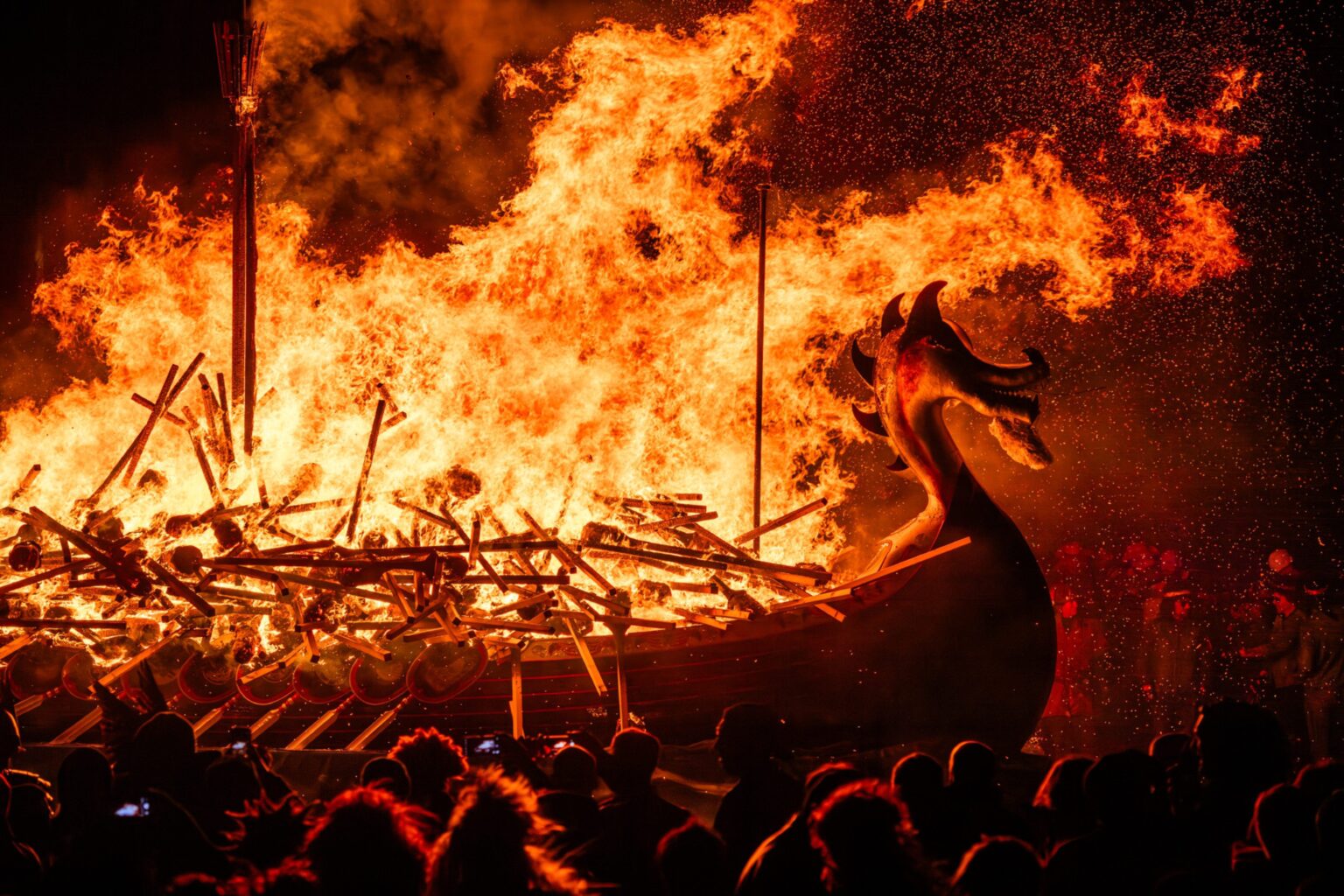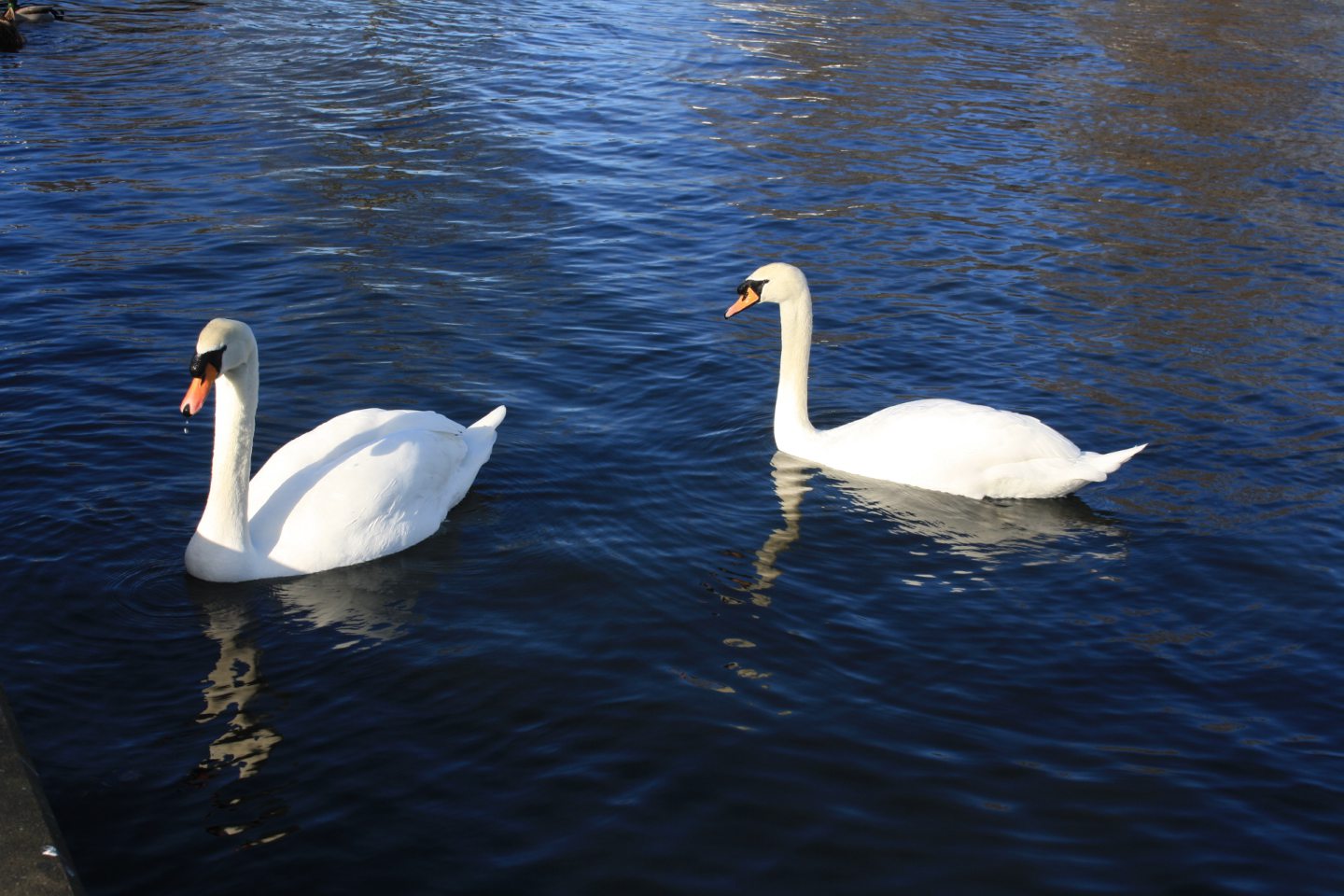Prunella Scales CBE
Actress best known for playing the acid-tongued Sybil in Fawlty Towers has died at 93.

Prunella Scales, who has died aged 93, was a prolific and successful actress with many film and West End roles to her credit, but her ambitions to soar as a serious, classically trained player were partly hobbled by her memorable portrayal of the monstrous harridan Sybil, married to Basil Fawlty (John Cleese), in the BBC’s popular television comedy Fawlty Towers.
Cleese had the idea for the series after staying at a hotel in Torquay while shooting Monty Python’s Flying Circus in 1972. He came away with a dim view of the hotel trade in general, especially after the owner threw Eric Idle’s briefcase into the street on the grounds that it might contain a bomb. While Cleese played the manic, blustering hotelier Basil Fawlty, Prunella Scales was cast as Sybil, his refined and elaborately coiffeured “sour old bag” of a wife. It was, one critic noted, a performance of “truly magnificent awfulness”.
Throughout the havoc wrought by Fawlty and his uncomprehending Spanish waiter Manuel (Andrew Sachs), Basil and Sybil maintained a relationship nourished on nothing more than mutual irritation. Basil hated her acid tongue, finely honed through putting up with hm during their 15-year marriage, and her laugh, which one chronicler likened to “a drain-clearing device”.
In return, and irked by Basil’s incompetence, snobbishness, intolerance and want of humour, Sybil sometimes let her wifely wrath boil over into fury, as when Basil hired a useless Irish builder to do some work on the cheap.
“I have seen more intelligent creatures than you lying on their backs at the bottom of ponds,” railed Sybil. “I have seen better-organised creatures than you running round farmyards with their heads cut off.”
Prunella Scales based the character on her recollection of someone she had encountered at a seaside hotel when she was seven, and who had struck her as “very ingratiating with customers and ruled her husband with a rod of iron. I sensed that even as a child.” The first Fawlty Towers series of six episodes in 1975 was so successful that a second was commissioned, but this was not aired until 1979, and Cleese, wearying of the show and the limitations imposed by its hotel setting, never wrote a third.
Her first big television role had come in 1963, when she starred with Richard Briers in the situation comedy Marriage Lines, about a newlywed young couple navigating the perils and pitfalls of married life. After Fawlty Towers, her next high-profile television role was as Miss Mapp in a Channel 4 adaptation of Mapp and Lucia, based on the 1920s novels of EF Benson and, in 1985, an unlikely antidote to the then hugely popular American supersoaps Dallas and Dynasty.
Another obstacle to her ambition in the 1980s was the decline in theatre subsidies which forced many theatres to avoid full-scale productions of the costlier classics. Even so, Prunella Scales acted in vintage plays in the regions – she was a regular at the West Yorkshire Playhouse – but comedy was always her mainstay.
She achieved a notable triumph at the National in 1988 when she played Queen Elizabeth II in A Question of Attribution, Alan Bennett’s play about the spy Anthony Blunt, a role she later reprised on television, when AN Wilson, in The Sunday Telegraph, praised “such eerie accuracy that no one watching could have told the difference between Miss Scales and the real thing... that highly distinctive hairdo – curls as crisp as a barrister’s wig – and that Christmas Broadcast voice”.
Perhaps her most memorable radio role was as Sarah, a newly widowed housewife, in Simon Brett’s highly praised and poignant comedy about bereavement, After Henry (1985-89), which later translated to the television screen.
She was born Prunella Margaret Rumney Illingworth on June 22 1932 in Sutton Abinger, Surrey. Her father was a Yorkshire-born cotton salesman; her mother, Catherine Scales, the daughter of a Bradford merchant, was briefly an actress. She disliked the name Prunella, considering it affected, but her mother had been in a play called Prunella, or Love in a Dutch Garden at Harrogate, and promised herself that she would bestow the name on any future daughter.
Her eccentric upbringing, in an unheated, rented farmhouse, where she would have to crack the ice in the wash-basin on winter mornings, inured her against most minor deprivations; in later life she remained guilty about having central heating.
Educated on a scholarship at Moira House School, Eastbourne, Prunella trained for the stage at the Old Vic Theatre School and studied method acting with Uta Hagen at the Herbert Berghof Studio in New York, while taking a tiny part in Tyrone Guthrie’s Broadway production of Thornton Wilder’s The Matchmaker.
She first acted professionally in Britain as the Cook in Jean Anouilh’s Traveller Without Luggage at the Bristol Old Vic in 1951, and in London in Peter Hall’s revival of Goldoni’s The Impresario of Smyrna (Arts, 1954).
“Prunella Scales showed promise as a comedienne,” noted a Telegraph critic after the first night of a revue called Reprise at the New Watergate in the same year. After a season at Stratford-upon-Avon (The Merchant of Venice, Love’s Labour’s Lost and Measure for Measure), she joined Frank Hauser’s Oxford Playhouse company in 1957.
As a barmaid in Frost at Midnight by the French playwright André Obey, she “achieved much with simplicity and sincerity”, and toured Europe with the company as Olivia in Twelfth Night and Hermia in A Midsummer Night’s Dream. She later expressed disappointment at never being cast as a romantic lead: “I would have loved to have played Juliet and Viola... but I never did.”
By 1967 she had taken over from Judi Dench in The Promise (Fortune) and was starring with Nicholas Parsons in the Keith Waterhouse-Willis Hallfarce Say Who You Are (Vaudeville), and as Cherry in William Chappell’s production of Farquhar’s The Beaux Stratagem at Chichester. In 1969, she impressed the Telegraph’s Eric Shorter in the Feydeau farce Monsieur Chasse (Yvonne Arnaud, Guildford) for “raising the fooling above the level of a romp”.
She returned to the West End in It’s a Two-Foot-Six-Inches-Above-the-Ground-World (Wyndham’s, 1970), Kevin Laffan’s comedy about the contraceptive pill, and starred opposite Leonard Rossiter in Michael Frayn’s grim comedy Make and Break (Lyric, Hammersmith, 1980), offering playgoers the chance to see two television sitcom stars on stage at once.
She starred with her husband Timothy West in Big in Brazil (Old Vic, 1984), Bamber Gascoigne’s pastiche of a Feydeau farce, directed by Mel Smith, and again two years later in When We Are Married.
On television Prunella Scales was first noticed in JB Fagan’s comedy And So to Bed (ATV, 1957), but five years later she raised her profile dramatically by appearing as an “awful schoolgirl” called Evelyn who asks difficult questions about the day’s news in the BBC’s early-evening Tonight programme. The venture was not a success, and the character was axed after 12 weeks, shot with a cardboard bullet in front of an audience of eight million viewers.
Her film credits included playing the daughter of Charles Laughton’s titular hero in Hobson’s Choice, one of the most popular films of 1954. Later, she was Anthony Hopkins’s wife (and Jeremy Irons’s lover) in Michael Winner’s film of Alan Ayckbourn’s A Chorus of Disapproval (1989), and had roles in Howards End (1992); An Awfully Big Adventure (1995); An Ideal Husband (1999); and The Ghost of Greville Lodge (2000).
As well as her appearances as Sybil Fawlty and the definitive Miss Mapp on television, she also gave a bravura solo performance in An Evening with Queen Victoria (1981), originally a stage entertainment she had devised herself, based on the old Queen’s journals, in which she accomplished the difficult technical feat of presenting nearly 70 years of the monarch’s life.
Another notable television appearance was in Signs and Wonders (BBC Two, 1997) when she gave “an absolutely triumphant performance” (Sunday Telegraph) as a vicar’s wife whose daughter becomes embroiled with a sinister religious cult in California.
Prunella Scales directed Shaw’s Major Barbara at the Nottingham Playhouse and other productions at Bristol Old Vic, the Cambridge Arts Theatre and the Almost Free Theatre in London, and gave acting masterclasses at several drama schools. With Timothy West, she wrote So You Want to Be an Actor? (2005).
One of the busiest performers in the business, she was last out of work in 1962, when she spent three months wrapping margarine in unmarked paper for testing by Which? magazine.
A committed socialist, in the 1980s she served on the council of the actors’ union Equity and appeared in several Labour Party broadcasts and a benefit concert for the wives of striking miners; she was also a supporter of CND. Culturally conservative, always insisting she was an ardent royalist, she was appointed CBE in 1992.
In 1995 she received an honorary doctorate of letters from Bradford University, and another from the University of East Anglia the following year. She was president of the Council for the Protection of Rural England from 1997 until 2002.
In 2014 Prunella Scales was diagnosed with vascular dementia, but over the next five years she made 10 touching series of Great Canal Journeys with her husband, exploring waterways in Britain and around the world, speaking openly about her illness.
She married Timothy West in 1963. He died in 2024, and she is survived by their two sons, the elder of whom is the actor and director Sam West, and by a stepdaughter.
Prunella Scales, born June 22 1932, died October 27 2025
[Source: Daily Telegraph]




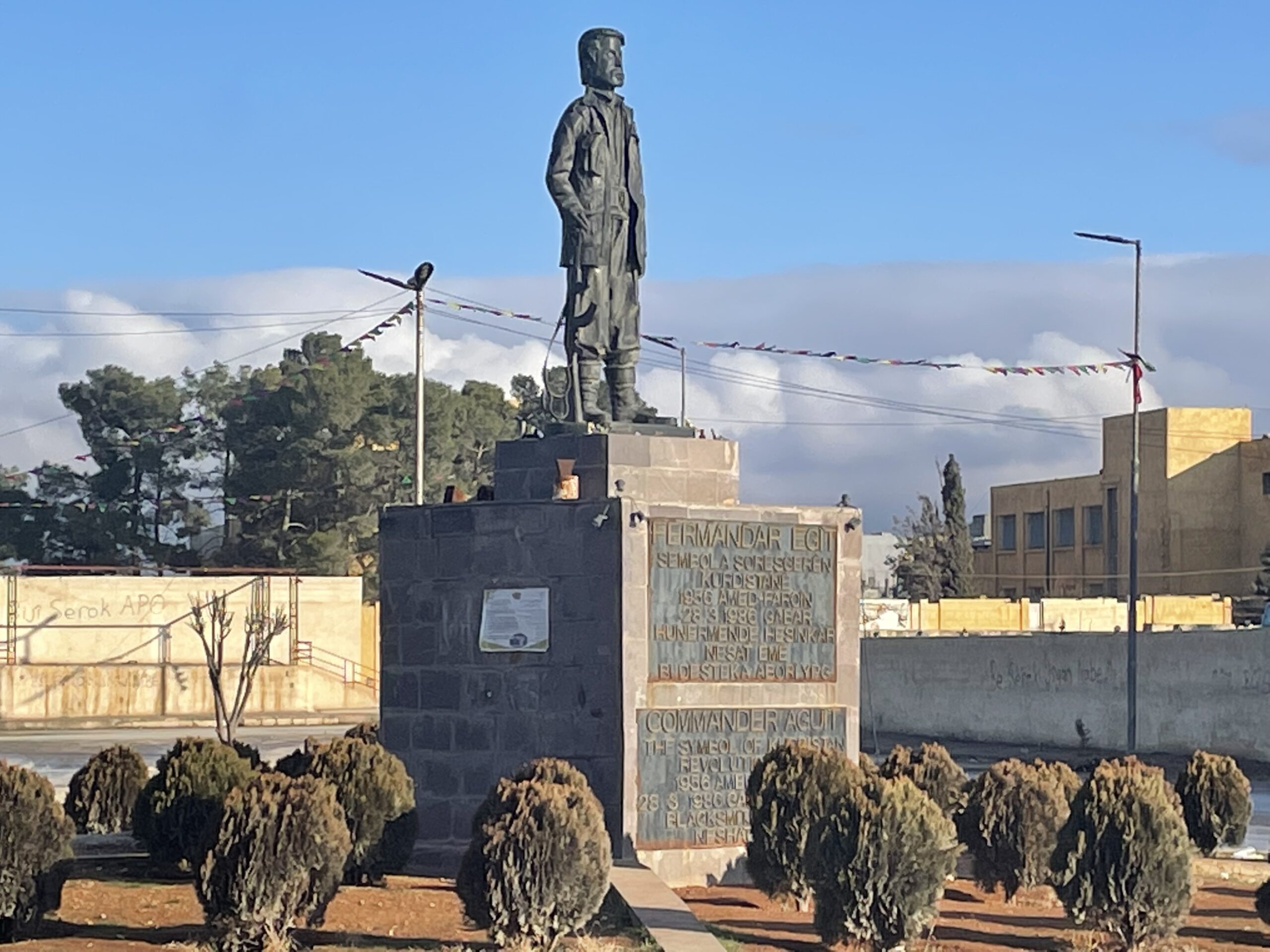





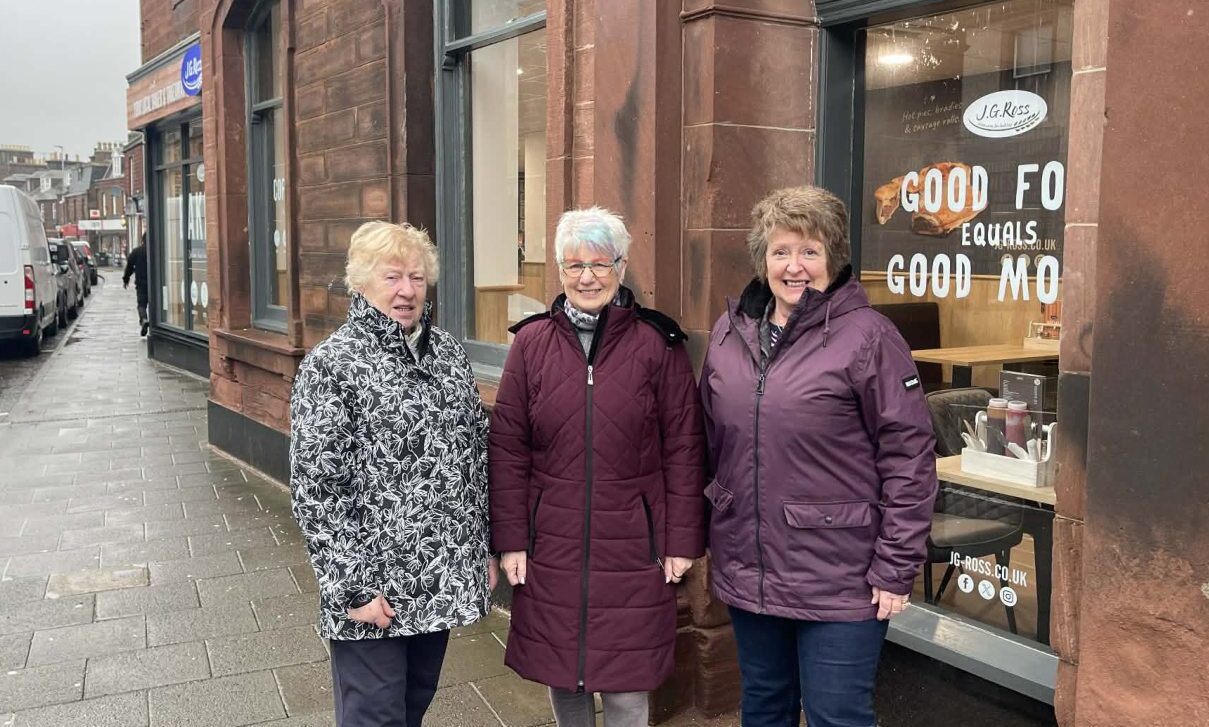



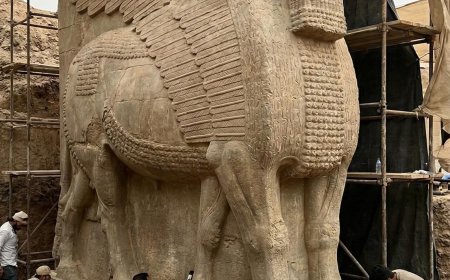





/file/attachments/orphans/IMG_9103_429753.jpeg)


/file/attachments/orphans/taku-transport_666718.jpg)






